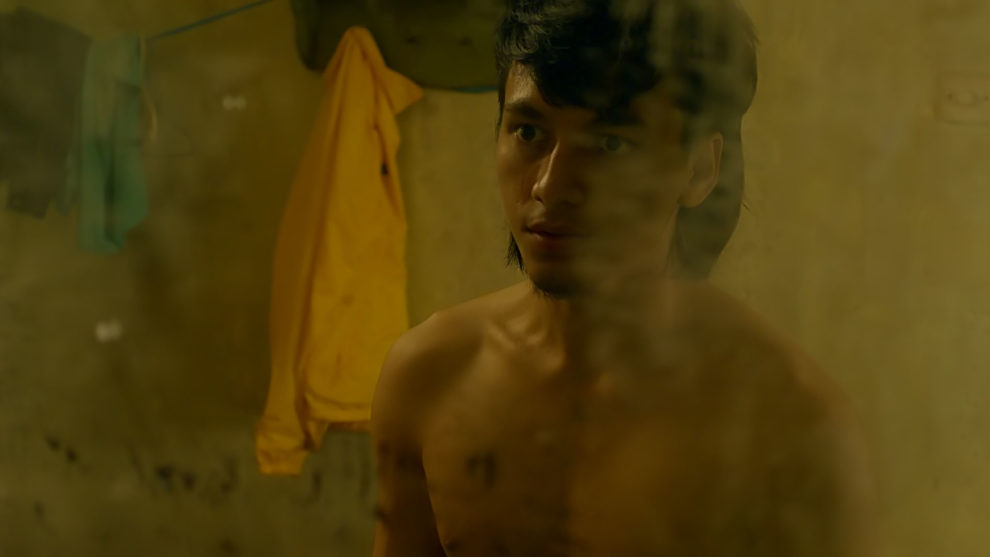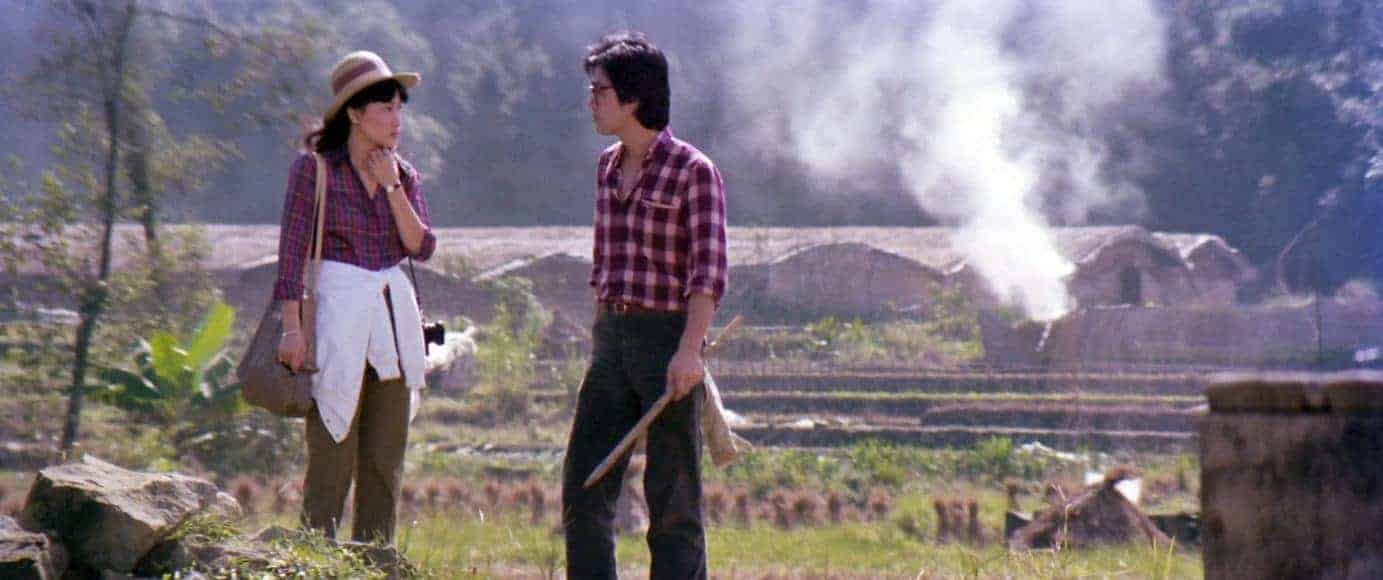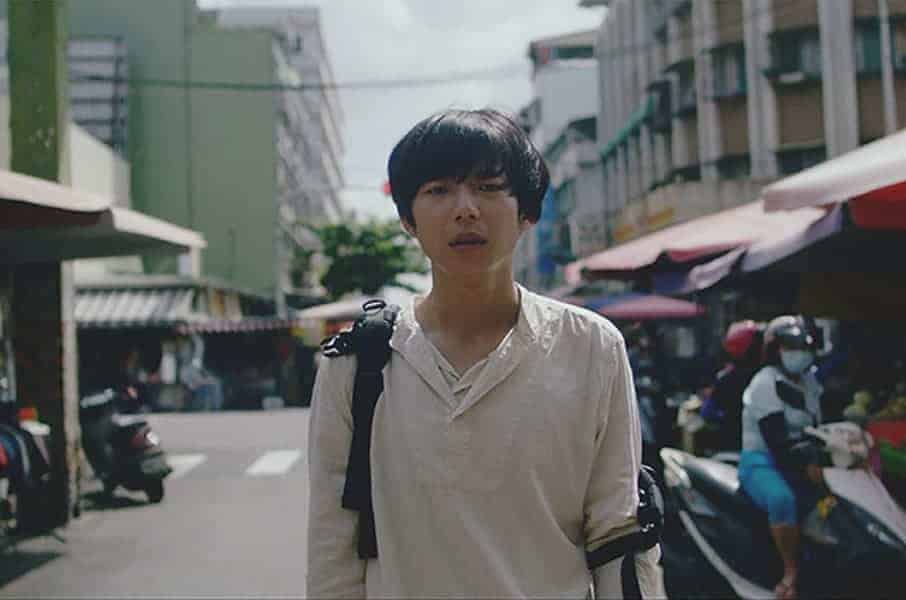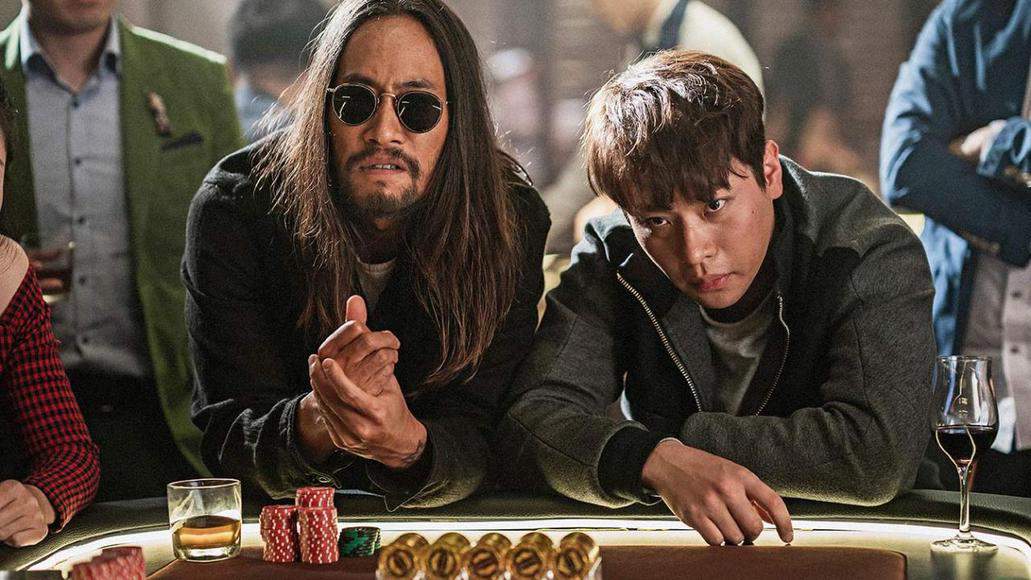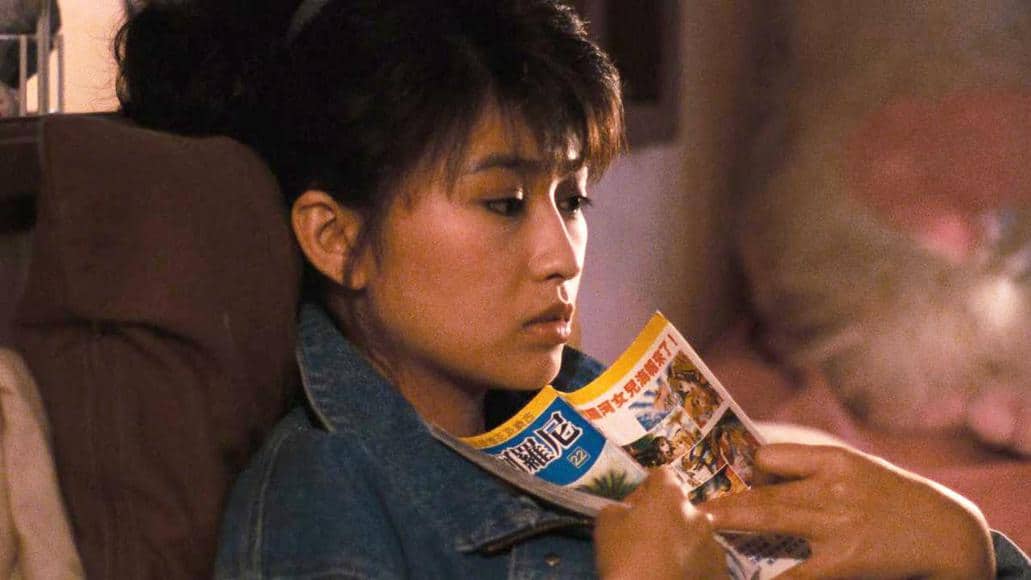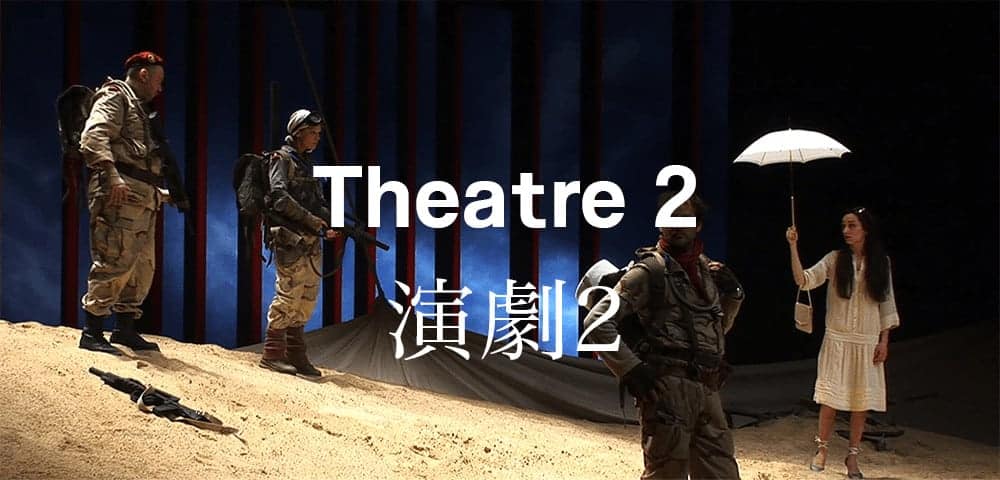Probably the most difficult, and occasionally the most defining film in the career of any filmmaker is the second one, particularly after a successful debut. Robby Ertanto Soediskam found himself in that exact position, after his rather successful first feature, “Ave Maryam” a title that we included in our Best ASEAN films of 2019. Those credits included Joko Anwar and Chicco Jerikho in the cast and Ical Tanjung and Wawan I. Wibowo in the crew, and an overall visual approach that seemed to wink at Wong Kar Wai. Unfortunately, the only thing that was left for “Jakarta, City of Dreamers” is Jerikho, and even he, just for a cameo of sorts.
The story focuses on Dom, a young man who tries to make it in the movie industry of Jakarta, but his temper frequently gets the best of him resulting in a number of failed opportunities. Out of coincidence, he meets a couple, Radit and Pinkan, who help him find a lodging in a block of flats run with an iron fist by a Ratih, a woman in her late 50s, right next to their own apartment. Dom soon finds himself becoming friends with the couple and participating in their business, which in this case, however, is drug trafficking. Soon he reaches a certain level of happiness, flirting with another person from the “business”, Khansa and making enough money to sustain himself. The life they live however, is not meant for happiness exactly, and soon, a number of issues come to the fore, beginning with the intense jealousy of Radit towards Pinkan and Dom's realization that his life does not lead anywhere.
As the film unfolds, it becomes obvious that Ertanto wanted to pay tribute to a number of movies, with “Taxi Driver”, “Kids”, even “Trainspotting” coming to mind, along with some references to Anwar's “A Copy of My Mind“, particularly in the visual aspect of the film. However, this effort seems to have unfocused Ertanto, with the movie resulting into something that looks more like a collection of ideas, than a compact narrative.
This aspect does not only take place in the context, where a number of actions of the protagonists seem to have no justification at all, but in almost every aspect of the movie. Starting with the extensive use of handheld camera, which is supposed to give a sense of realism but instead makes the image frequently look like a home video, and continuing with the neon lights and the occasional music video aesthetics, the cinematography fails the film, at least as a whole. The acting is also on an average level, with all the protagonists being rather handsome but having trouble in delivering their lines, with a number of scenes appearing as if read instead of acted. The appearance of the director and Jerikho, for a brief scene, also seems to serve no purpose at all.
The aforementioned, however, do not mean that the film is without any merits. The presentation of Jakarta's “underbelly” has a certain appeal, while the role of Ratih is quite intriguing, even including a well presented plot twist. Jajang C. Noer in the role is pretty good, essentially stealing the show with her performance. Furthermore, the music is excellent, while the permeating sensualism deriving from all the characters but mostly from Wulan Guritno as Pinkan, works quite well in the narrative.
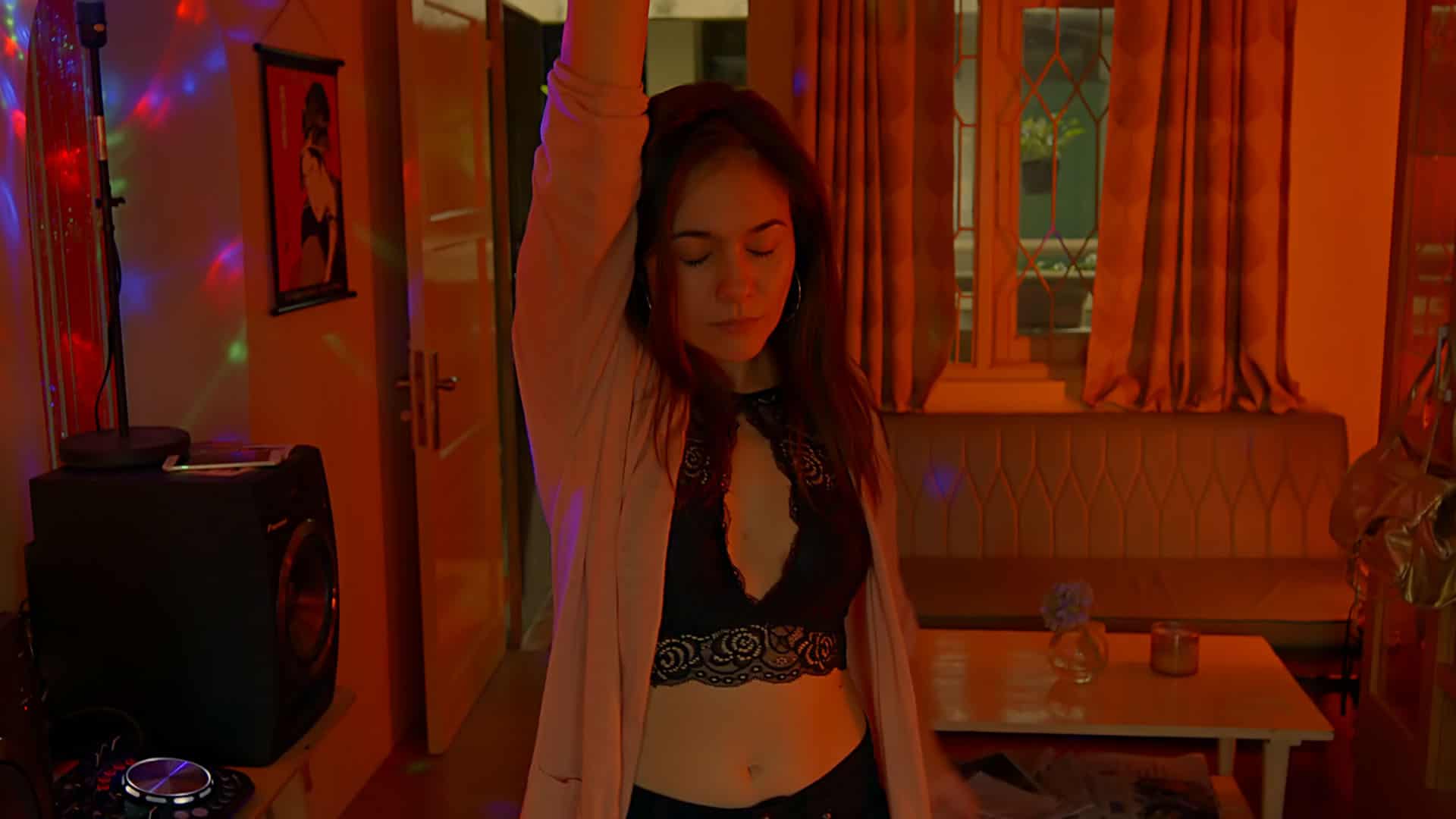
“Jakarta, City of Dreams” has some appeals, but in general, its issues are more than its traits. Considering how good “Ave Maryam” was though, it is safe to say that Ertanto deserves a couple of more chances.


